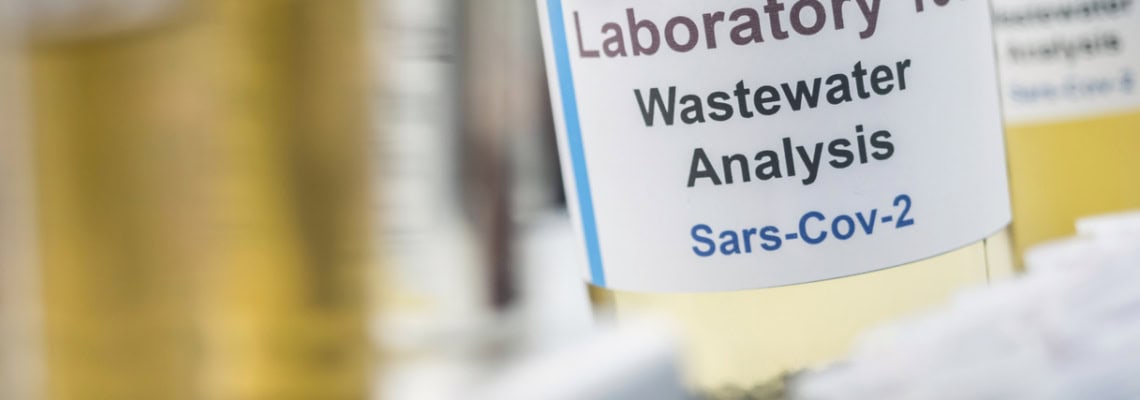Have you considered getting your wastewater tested or do regulations require routine testing? You may be a new homeowner concerned about the health and well-being of your family, or you may have lived in your household for years but never had a clue to get your wastewater analyzed to see how your system is performing.
Whatever the case, having wastewater samples properly collected and analyzed can reveal a lot. Wastewater monitoring can help you and your community detect diseases and other contaminants that may be impacting drinking or surface waters. Getting ahead of these types of things can help local regulators and medical professionals treat and diagnose more expediently.
What Wastewater Surveillance Can Tell You
Many substances can be found in wastewater, as it is a mix of everything that goes down the drain—from food matter to medicine to human waste and toilet paper. Wastewater can reveal a lot about a community beyond what prescription drugs are commonly used in your area and illnesses that are running rampant in your area.
Having your wastewater tested serves as a type of early warning system for spreading contagions. For example, the presence of diseases like the flu, COVID-19, and polio (among others). This data can help public health officials issue earlier warnings about the spread of these diseases. Catching outbreaks early can save lives as well as time and money spent on medical treatments.
Wastewater Testing Can Protect the Immunocompromised
If you or a member of your household suffers at the hands of an autoimmune disorder, early detection of spreading disease is imperative for people whose immune systems are not able to fight illnesses as effectively as others.
Knowing that an epidemic is surging in a community rather than being surprised by it can help these individuals take extra precautions to avoid exposure to these viral loads. For those with weakened or overactive immune systems, infectious diseases can lead to health complications and prolonged illness.
How Does Wastewater Testing Work?
Bacteria and viruses pass from the body into our waste, and that is why wastewater testing is a great indicator of community health. Untreated wastewater samples are taken to a laboratory and analysis results can be delivered within a week.
Generally, wastewater lab technicians look at pH levels, salinity, temperature, and turbidity (particulates that cause water to appear opaque or cloudy). These provide important clues about overall community health and well-being. Through this type of early detection, public health officials are better able to alert and serve.
Are you looking for wastewater testing in Virginia and the greater DC area? Joiner Micro Labs is a state-certified water testing lab with a sterling reputation for excellent customer care and quality services. Visit our website to learn more about who we are and what we do.

